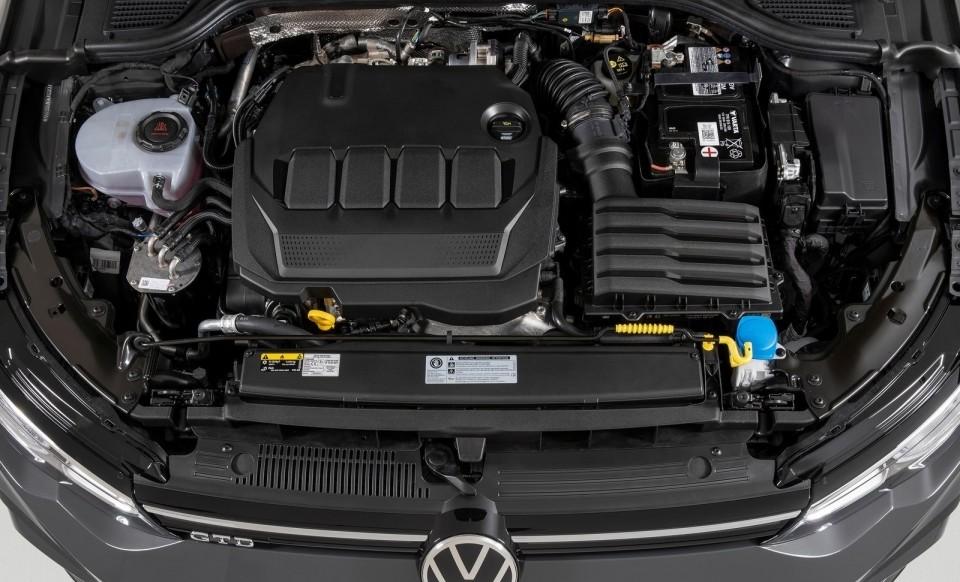By far the biggest topic in the global automotive industry is carbon neutrality. Each company has invested more than tens of trillions of dollars in electrification and is making every effort to operate plants that use renewable energy. The announced R&D and investment is also focused on electric vehicles.
However, the phase-out of the internal combustion engine is expected to take longer than expected. That's because they're looking for new alternatives that go beyond reducing emissions and improving fuel efficiency levels.

【1】Volkswagen's "paraffin diesel"!
Volkswagen recently received a license from the European Union (EU) to use paraffin blend diesel. Applicable to the 8th generation Golf GTD and Tiguan TDI. When injected with paraffin diesel, both vehicles reduce pollutant emissions by up to 95 percent.
Of particular note is the fact that paraffin wax is extracted from environmentally friendly materials. Paraffin wax is usually derived from heavy oil, but Volkswagen extracts it from waste vegetable oil. In addition, it recently succeeded in extracting the ingredient from food waste. This means that the way has been paved for a future where both garbage and waste disposal and carbon neutrality can be solved.
Paraffin diesel is already sold in Europe. Although the market share is still small, it is estimated that the withdrawal of diesel vehicles can be delayed a little more. Volkswagen predicts that paraffin diesel will account for 30% of the automotive diesel market within 10 years.
In addition, the aviation industry is also paying attention to paraffin blends. This is because, as paraffin extracted from vegetable oil is mixed into jet engine fuel, pollutant emissions are reduced by 30% and the number of condensation endings is also reduced.
[2] Porsche e-Fuel fuel
Porsche, in collaboration with ExxonMobil and Siemens, begins production of a new carbon-neutral fuel, e-Fuel. Production is planned to increase by 130,000 litres in 2022, 55 million litres in 2024, and 550 million litres in 2026.
The core of the new fuel is hydrocarbons composed of hydrogen (H) and carbon (C). Hydrogen is produced by electrolyzing water, which captures carbon and binds carbon dioxide from the atmosphere. The electricity needed for production uses environmentally friendly renewable energy.
The biggest advantage of the e-Fuel is that it can use existing internal combustion engines. Carbon emissions after combustion can also be reduced by up to 90% compared to conventional gasoline fuels. After the refining process, it can replace not only gasoline, but also diesel and marine oil. Existing engines and networks such as oil transportation and storage can be used as-is without significant infrastructure investment.
In particular, by reducing carbon dioxide in the atmosphere during fuel production, a carbon-neutral resource cycle system can be established.
The biggest problem with the new fuel is low economy, with e-Fuel currently producing at around $10 per liter. Considering the transportation and warehousing costs and taxes of each country, there is no price competitiveness.
Nonetheless, Porsche plans to continue to develop new fuels as long-term alternatives. e-Fuel will be used to compete in the Mobil 1 Super Cup in 2022 and begin actual performance verification.
[3] Toyota "Our hydrogen-powered cars are a little different"
Currently, mass-produced hydrogen fuel cell vehicles (FCEVs) use hydrogen to generate electricity, charge batteries and drive motors. In fact, the drive mode is the same as that of electric vehicles. Toyota's new hydrogen-powered vehicles, on the other hand, run engines directly on hydrogen fuel.
Toyota said the hydrogen engine, which is based on existing internal combustion engine technology, does not emit any pollutants other than water and is a truly eco-friendly car. Since rare earths are not needed, resources and the environment can also be protected.
Toyota unveiled its Colola race car with a hydrogen engine in May and plans to install a hydrogen engine on the high-performance GR Yaris next year. Vehicles equipped with hydrogen engines, such as the Corolla and GR Yaris, plan to begin validating their actual performance on the racing stage.